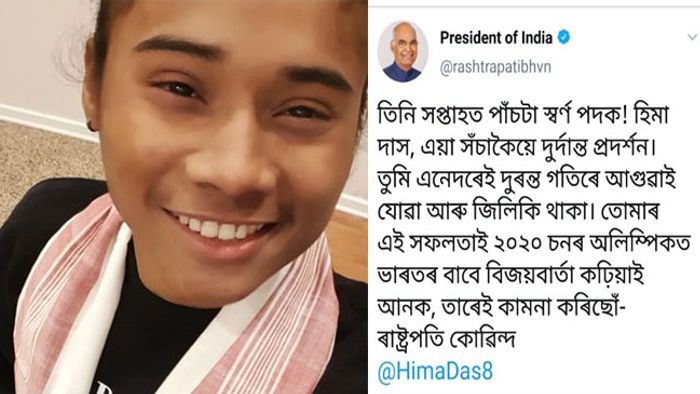UN Human Rights Chief Expresses "Concern" over CAA, Delhi Riots

- Feb 29, 2020,
- Updated Feb 29, 2020, 12:48 AM IST
Geneva, February 28, 2020:
The UN human rights chief on Thursday voiced "great concern" over India's amended citizenship law and reports of "police inaction" amid riots in Delhi and called upon political leaders to control the situation
During the 43rd Session of the Human Rights Council in Geneva on human rights developments around the world, UN High Commissioner for Human Rights Michelle Bachelet also opined that the Citizenship Amendment Act (CAA) adopted last year by India's Parliament was of "great concern".
ALSO READ: All I did was share anti-CAA protest photos, says Bangladeshi student asked to leave India
She said that Indians in huge numbers, and from all communities, have expressed - in a mostly peaceful manner - their opposition to the Act, and support for the country's long tradition of secularism.
She also expressed her concern over reports of police inaction in the face of attacks against Muslims by other groups, as well as previous reports of excessive use of force by police against peaceful protesters.
The communal violence over the amended citizenship law in northeast Delhi has claimed 34 lives so far and left more than 200 people injured.
Frenzied mobs have torched houses, shops, vehicles, a petrol pump and pelted stones at police personnel.
Ministry of External Affairs Spokesperson Raveesh Kumar said on Thursday that law enforcement agencies were working on the ground to prevent violence and ensure restoration of confidence and normalcy.
ALSO READ: It was matter of survival with mob at our door, no response from 100: Delhi family
The UN leader also pointed out that as many as 800 people were reportedly in detention in Kashmir, including political leaders and activists.
"Schools, businesses and livelihoods have been disrupted by the continued heavy military presence, and no steps have been taken to address allegations of excessive use of force and other serious human rights violations by security forces," she said.
"The Indian government has partially restored mobile and internet services, after an important decision by the Indian Supreme Court, but authorities continue to impose excessive restrictions on the use of social media," she said in her statement.
India abrogated the special status of Jammu and Kashmir under Article 370 on August 5 and bifurcated it into two Union territories.